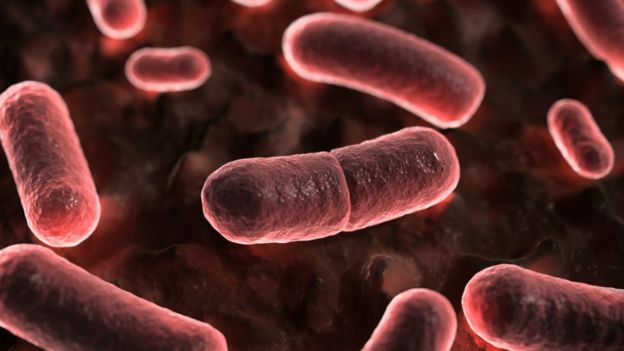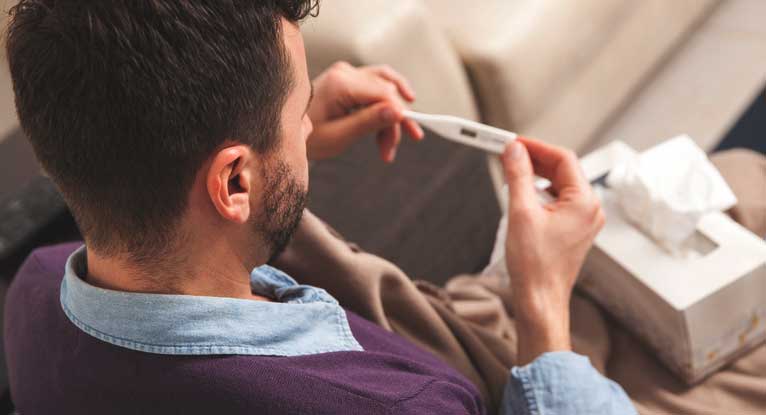Irritable bowel syndrome or IBS is an often painful, frustrating and uncomfortable condition. It also that has a variety of symptoms including bloating, stomach pains and constipation. The internet is an excellent tool for answering questions and researching, but can lead to self-diagnosing. This is not ideal as you could have a less serious issue or more serious condition that has similar symptoms to IBS. It can be very dangerous to self-diagnose yourself. So if you think you have IBS here are some important things you need to do.
See your doctor
The first thing you need to do is see your doctor and air your concerns. It’s likely they will want to discuss the symptoms you have been experiencing in depth. Irritable bowel syndrome symptoms are similar to those of other health issues. Including Crohn’s disease and chronic fatigue syndrome. High-stress levels can also encourage these symptoms. Your doctor may not automatically think you have IBS and may want to carry out tests to rule out any other conditions. It may take some time to identify the cause of these issues you are experiencing so try to be as patient as you can. If they cannot find anything wrong with you, ask for a second opinion or a referral to see a digestive specialist. If you are prescribed medication that makes you feel worse or you see no improvements, return to your doctor. You may benefit from using more natural remedies or changing your diet.
Keep a food diary
Start documenting what you eat each day.Include everything from small snacks to drinks in your food diary. Don’t be concerned with how much you eat, stay focused on what you are putting into your body. This will make it easier to determine if it is food that is causing your symptoms. You can then used this diary to pinpoint exactly what you ate before your flare up began. You could be allergic to certain types of food such as wheat or dairy products. It could take some time to determine exactly what makes you feel ill, so be committed to filling it in daily. Over time patterns will begin to emerge and you can show your doctor your findings. This may be a good indicator to him or her about what could be causing your discomfort, and they may be able to suggest new treatment.
Visit a nutritionist
Your doctor may refer you to a nutritionist who can help relieve, prevent and treat your symptoms through an change in diet. They would also be interested in the findings from your food diary and may recommend cutting out problem foods. They may also suggest cutting back on other foods and drink, which could make your condition worse. Alcohol and high-fat foods such as sausages and doughnuts may taste great but can cause you to experience more flare-ups.
These three things should get you a diagnosis of IBS or something else. Always see a medical professional if you have concerns and carefully listen to their suggestions.





